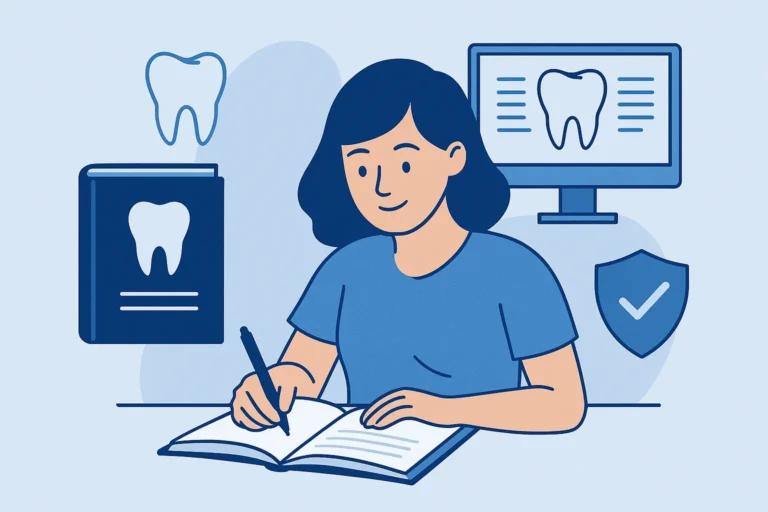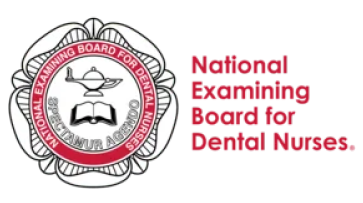Employing a Trainee FAQs
What can I expect when employing a trainee?
Employing a trainee in your dental practice offers a valuable opportunity to enhance your team and gain the rewarding experience of nurturing a learner. A trainee is like any other team member, though they are at the start of their career. Typically, after a few weeks, they become confident enough to assist with most routine procedures. Assigning a senior nurse to mentor the trainee can be an excellent way to provide additional responsibility to an experienced staff member.
Who is in charge of the trainee’s employment?
You are fully in charge of the trainee’s employment. You will need to interview and select the right candidate for your practice. The trainee will be an employee, subject to the same rules and regulations as your other staff members, and you will manage their employment accordingly.
How many hours do trainee dental nurse need to work?
Trainee dental nurses need a minimum of 15 hours of chair-side experience per week. While they can work additional hours and take on other roles such as reception duties, it is crucial they spend at least 15 hours per week assisting the dentist in the dental nursing role.
What is the pay rate for a trainee dental nurse?
The trainee dental nurses cannot be paid less than minimum wage. Although it is possible to have a trainee on a voluntary basis to complete their training, this should only be a short-term arrangement. Trainees, as opposed to apprentices, must be paid at least the minimum wage.
What happens when they finish their course and training?
Upon completion of their course or training, the decision to retain the trainee as a permanent staff member lies with you and the trainee. Many trainees choose to stay and pursue further training. Once they are registered as dental nurses, they should be compensated appropriately, and standard employment procedures will apply.
What requirements are expected of the dental practice?
The practice appoints a GDC registered dental professional as a mentor or witness to provide feedback on the trainee’s Record of Experience (RoE) and complete the necessary compliance agreement as specified by the NEBDN. This agreement confirms your commitment to support the trainee throughout their training.
Is there any support available?
Yes, ample support is available. The School of Dental Nursing is here to assist you throughout the process, and you are welcome to contact us with any questions or queries that may arise.
What happens if it goes wrong?
If a trainee does not meet your practice’s needs, standard employment procedures apply. While we strive to ensure our trainees meet high standards, it is possible that some may not have the requisite level of competence or be temperamentally unsuited to the demands of the dental nursing role de. In such cases, you retain control over the employment process, and we are here to provide support as needed.
Can a trainee work in a range of departments?
Yes, while the primary requirement is for them to gain chair-side experience, trainees can also work in other departments such as reception. This can provide them with a well-rounded understanding of the practice operations.
What kind of feedback should I provide?
Feedback should be constructive and supportive, aimed at helping the trainee improve. Focus on what they did well, areas for improvement, and suggestions for future procedures. Regular, detailed feedback is crucial for their development.








